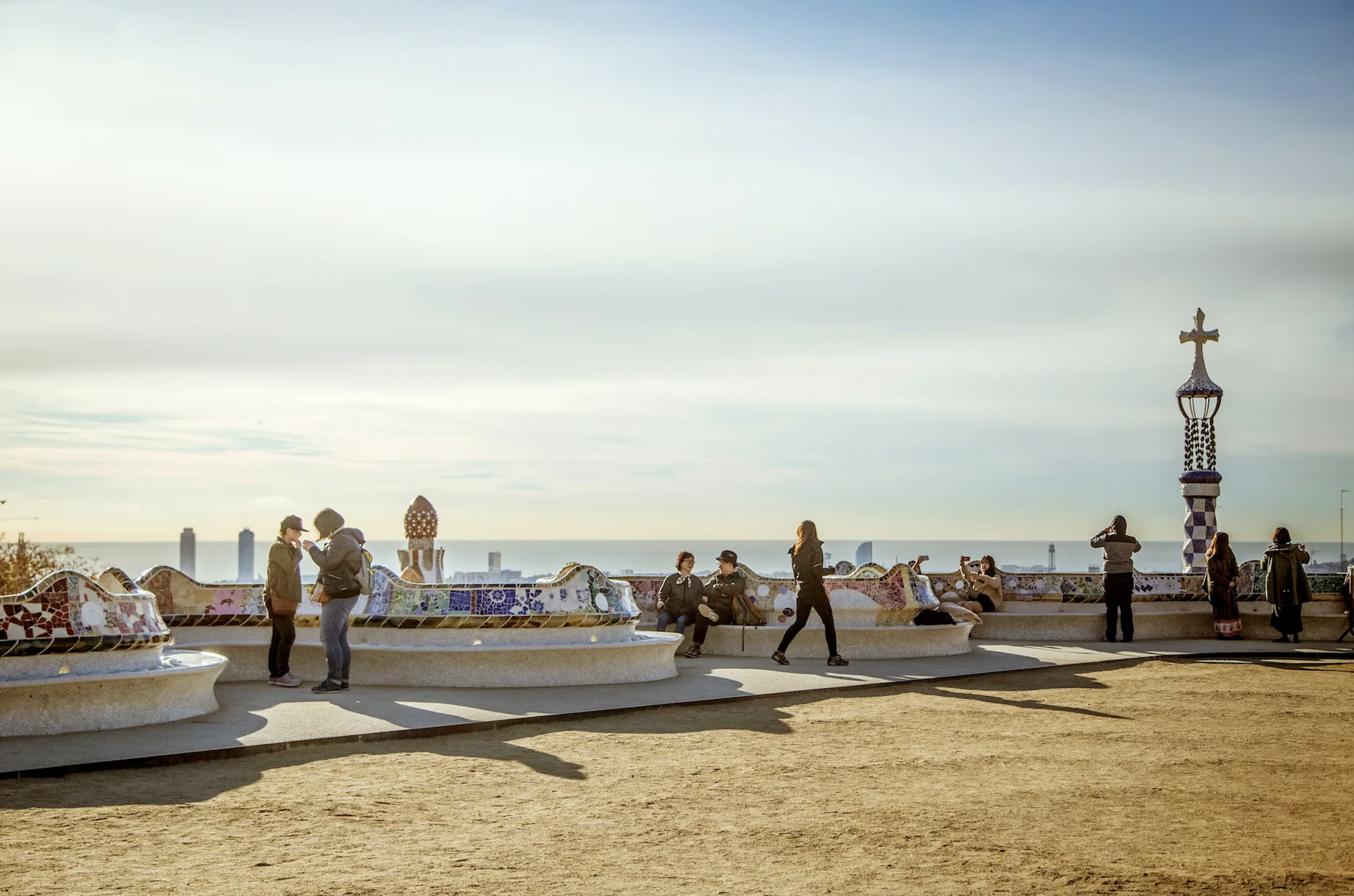Calling on Barcelona to rethink short-term rental rules as legacies of 10-year clampdown revealed

On the 10-year anniversary of Barcelona’s clampdown on hosting1, Airbnb is calling on the city to rethink its approach to short-term rentals, as new analysis shows its policies are failing to ease housing and overtourism challenges.
In 2014, the City of Barcelona introduced a moratorium on tourist accommodation licenses, which severely restricted the ability of everyday citizens to share their homes. Advocates said a clampdown was necessary to address housing and overtourism challenges. A decade later, official data shows that while short-term rentals numbers have fallen, challenges related to housing and overtourism are worse than ever.
Record housing shortfall
In the last decade, Spain has built fewer homes than at any point since 19702. While levels of construction have remained stagnant, demand for new homes has increased. In 2023, data from the Ministry of Housing3 shows that the creation of new households in Spain outpaced the number of new homes built by three to one.
Record-high rents and house prices
As the number of listings on Airbnb has fallen over the past decade4, rents and house prices have risen to record highs. Since Barcelona’s clampdown on short-term rentals began, rents5 have risen by 70 percent, while the average price of a home has increased by 60 percent6.
Vacant homes
Vacant homes in Barcelona outnumber short term rentals by eight to one7. Policies that address this issue are more likely to boost affordable housing supply than clamping down on Airbnb.
Hotels drive mass tourism trends
According to Barcelona Tourism official figures, 75 percent of tourists in 2023 stayed in Hotels and Hostels8. In the Old Town of Barcelona, where the impacts of overtourism are most apparent, there are six times more hotel beds than short-term rentals. A third of hotel beds in Barcelona (22,375 units) are concentrated in Old Town9, compared to just 3,253 beds of short-term rentals in that area.
Hotel numbers are growing
As concerns on the impacts of overtourism in Barcelona rise, the city is growing its already vast and dominant hotel supply. Across Spain, local governments – including in Barcelona – have authorized plans to build over 800 new hotels, which will create 75,000 new hotel rooms, with almost 90 percent of them allocated to existing tourist hotspots. And while the Mayor of Barcelona said a clampdown on Airbnb is necessary to address overtourism in the city, he also said10 that there is potential for 5,000 new hotel rooms in Barcelona, which “will be boosted by the end of short-term rentals” in Barcelona.
Record-high hotel prices
With few competitors and a near monopoly on tourism in Barcelona, hotels have increased their prices to record highs. Official data shows that over the past decade, the average price of a hotel room11 in Barcelona has skyrocketed by more than 60 percent.
“Just like in New York City, Barcelona’s decade-long clampdown on Airbnb is failing to deliver on its promise to combat overtourism and the housing crisis,” said Theo Yedinsky, VP, Public Policy at Airbnb. “The only winner from Barcelona’s war on short term rentals is the hotel industry, which is rapidly expanding and increasing prices. We encourage Barcelona to rethink its approach, because it’s clear that Airbnb is not the cause of historic challenges in the city. We are eager to work with leaders on new rules that support local families who host, and make tourism more sustainable for everyone.”
Authorities in the EU, Spain, and Catalonia have criticized the rules in Barcelona as not fit for purpose, raising concerns about their necessity, fairness and efficacy. Local hosts are currently challenging these rules in court, underscoring the need for a balanced approach that considers the interests of all stakeholders.
Airbnb has worked diligently with Barcelona to enforce existing regulations and has removed over 7,000 listings from the platform since 2018. However, it is clear that these measures have not produced the desired results. Airbnb is committed to working with governments worldwide to promote responsible tourism that makes communities stronger.